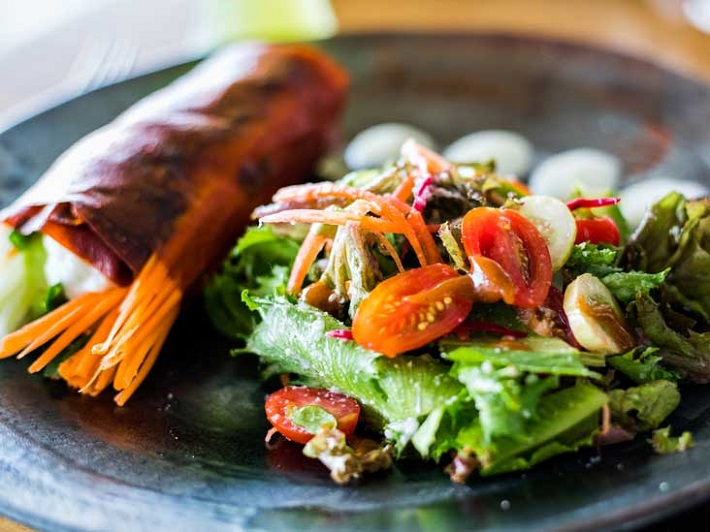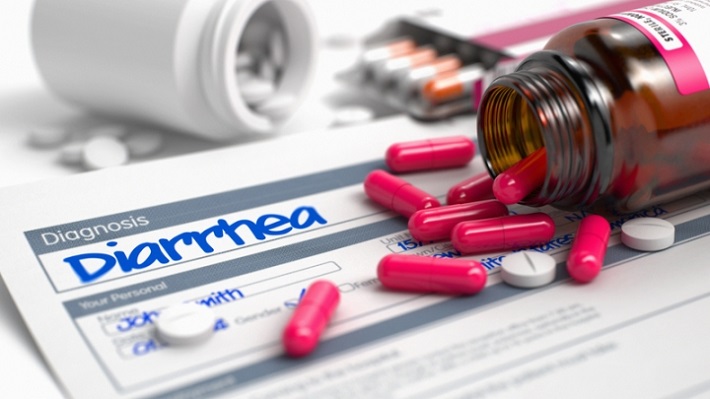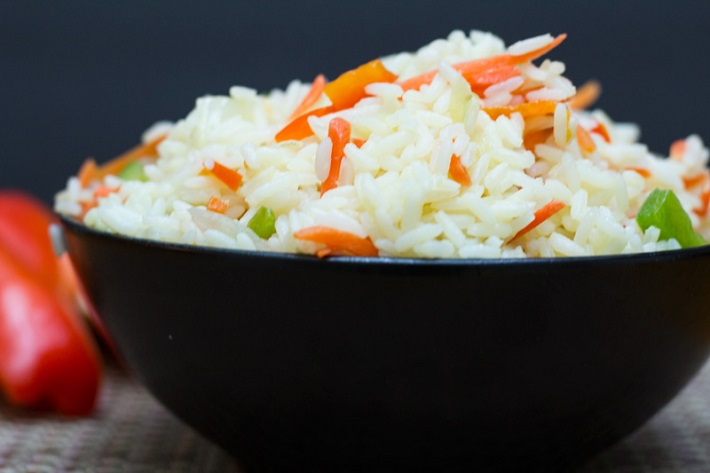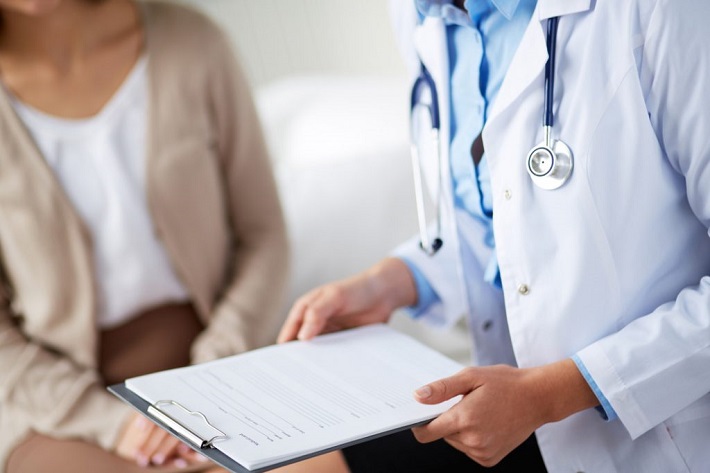So, you love to travel and explore the world. But while your personality may be open to discovering different cultures, your stomach might not always be up to the challenge. The stress from flying or being on the road, in addition to the change in climate, a new diet, dehydration, poor hygiene practices in local restaurants and pathogens in the tap water can lead to intestinal problems and diarrhea. And this condition is so common in people traveling abroad that it even has its own name – traveller’s diarrhea.
In fact, depending on where they travel and what time of the year, an estimated 30% to 70% of travelers experience this. Luckily, in most cases traveler’s diarrhea isn’t serious – it’s just very unpleasant. And since nobody wants to spend half of their trip being stuck in the bathroom, it’s a good thing to know how to prevent and treat it if you get one.
Avoid Certain Foods & Tap Water

Most cases of traveler’s diarrhea are caused by pathogens in the food and water, such as Escherichia Coli. With that being said, one of the best ways to protect yourself is to avoid drinking tap water and skip on the ice in your drinks. Coffee, tea and other hot drinks are generally harmless, but it’s best to avoid potentially contaminated milk. In addition, certain meals such as cold meat platters, raw fruit or vegetable salads, seafood dishes, cheese, buffet foods, and unsealed mayonnaise are often home to bacteria that cause TD. Thoroughly cooked foods and fresh fruit and vegetables that you wash and peel yourself are usually a good choice. Sticking to these precautionary steps is especially crucial for high-risk destinations for traveler’s diarrhea, such as Central and South America, Africa, the Middle East, and Asia.
Take an OTC Medication
However, sometimes despite how careful you are about the things you eat and drink on your trip, traveler’s diarrhea can still strike. And when that happens, being equipped with the right OTC medications can help you reduce the severity and duration of the symptoms. Taking an anti-diarrhoeal medication such as Gastro Stop tablets (loperamide) or Lomotil (diphenoxylate and atropine sulfate) can often provide immediate relief from loose bowel movements as they are known to take effect within hours. In addition to putting a stop to diarrhea, gastro tablets also provide relief from stomach pain and cramps, allowing you to continue your trip or holiday problem-free.

Anti-diarrheal medications are available over-the-counter in all drug stores and online pharmacies. While you can always purchase these medications in the country you’re traveling to, it’s a better idea to obtain anti-diarrhoeal tablets prior to your trip. This way, instead of looking for local drug stores while being sick, you can simply take your gastro tablets right after the symptoms start, which can help reduce the duration of the illness and prevent serious dehydration. Once you take the medication, try to get some rest and plenty of fluids which can help the symptoms resolve much faster. However, if you’re pregnant, anti-diarrhoeal medications should not be used without a doctor’s notice. In this case, rest and electrolyte supplements are a much safer solution.
Change Your Diet Temporarily
As you recover from diarrhea, it’s important to avoid putting further strain on your digestive system that can prolong your symptoms. In order not to irritate your stomach, stick to a diet consisting of light and bland foods that can help give your body the break it needs. Bananas are some of the best foods to take in this case. Not only are they easy on the digestive system, but they’re also more caloric than other fruit and are an excellent source of potassium, which is an important electrolyte. In addition, they are rich in source pectin, a soluble fiber that can help firm up stools. When it comes to vegetables, the most stomach-friendly option is baked and peeled, plain potatoes.

Plain white rice is another food that’s easy to digest and helps get stools back to normal. While whole grains might be a healthier option, white bread is a lot easier to digest. Saltines and pretzels made of white flour also contain salt, which can help you restore your sodium levels. When it comes to dairy, it’s generally best to avoid it, unless it’s low-fat yogurt with probiotic cultures that can help with digestion. Also, avoid spicy foods and foods with artificial sweeteners that can worsen stools and cause bloating and gas. Make sure to stick to this diet until your symptoms fully improve.
Stay Hydrated

The most common complication of TD is dehydration, which can be dangerous. Considering this, it’s important to drink plenty of water, clear juice and broths throughout the day. If you’re not able to drink up, taking small sips at a time can also help replenish the fluids you lose. A good idea is also to drink sports drinks which contain electrolytes such as potassium and sodium. On the other hand, avoid caffeinated drinks such as soda, coffee, and tea, as well as alcoholic drinks which can worsen dehydration.
Take Time to Rest

As with any illness, rest is one of the best ways to help your body recuperate and reduce the duration of the symptoms. At least 8 full hours of sleep is needed for your body to get back its energy again and recover from the stress. By taking the time to rest, you will help your immune system in fighting off any infection that might be causing the diarrhea.
See a Doctor If Symptoms Persist or Worsen

While all these tips are generally effective in helping TD resolve fast, if you experience more than three loose bowel movements or bouts of vomiting in the course of 24 hours, see a doctor immediately. Another sign to get urgent medical help is if you haven’t been able to drink water for more than 12 hours. Call an ambulance right away if you have severe abdominal and rectal pain, black stools or blood in your stools, a fever over 39oC, a stiff neck or a yellow tinge to your skin.



